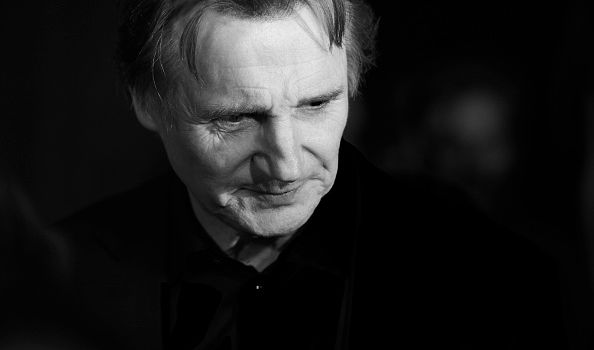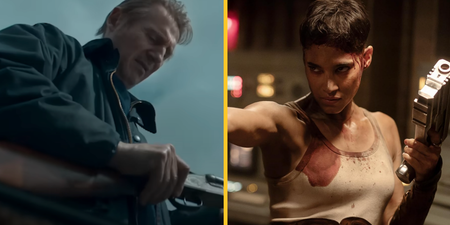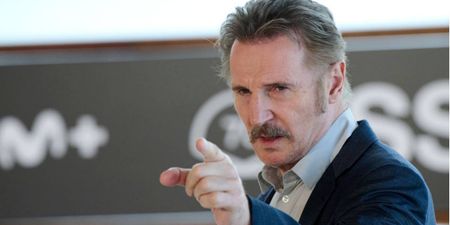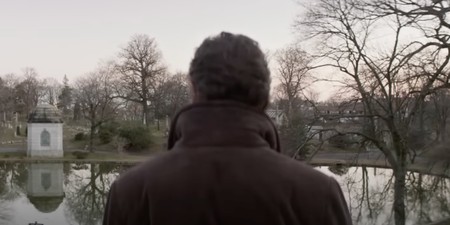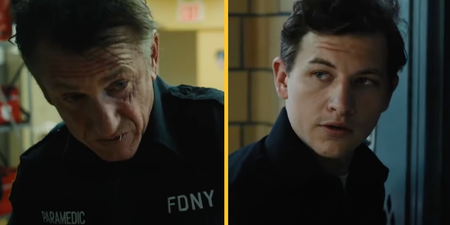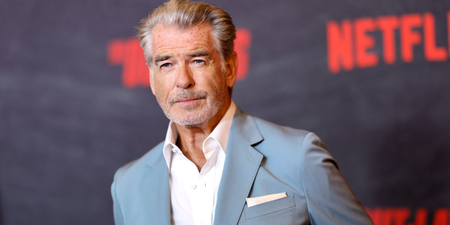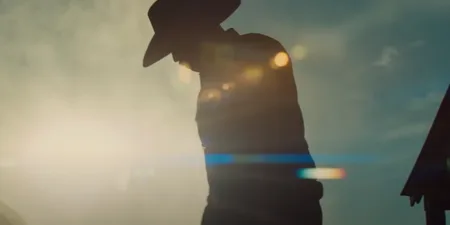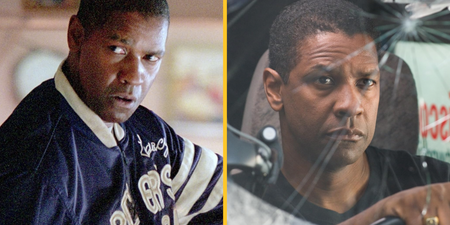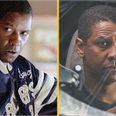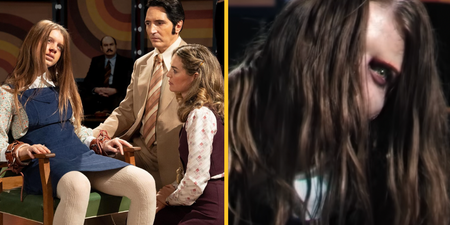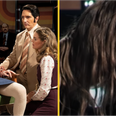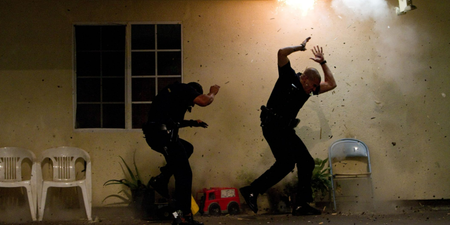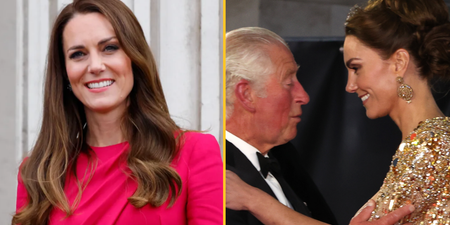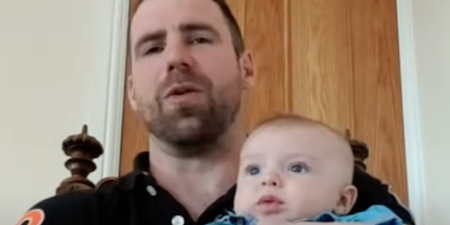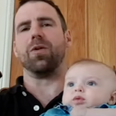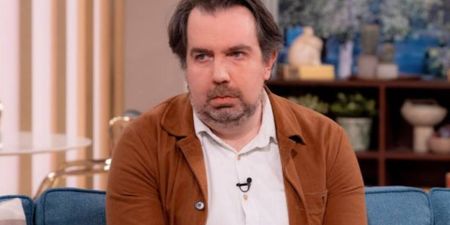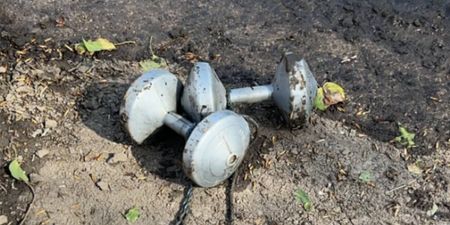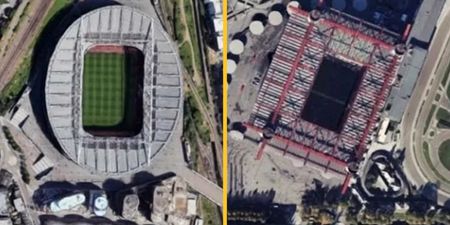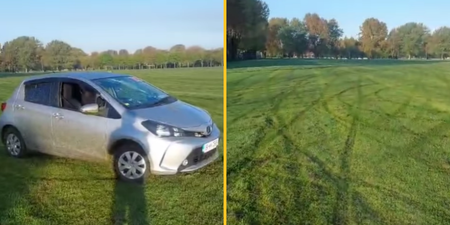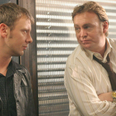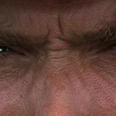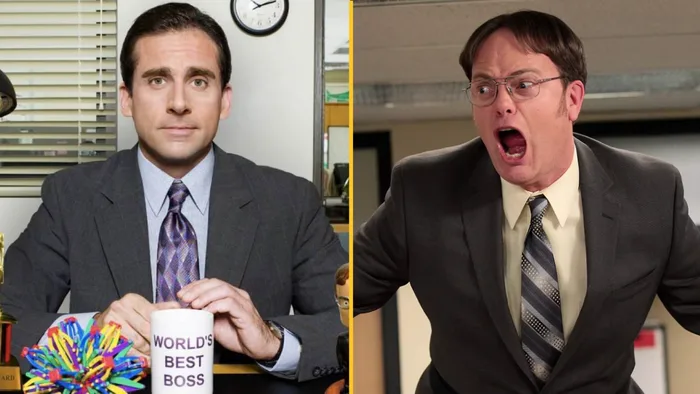“Unleash physical violence.”
Liam Neeson shocked the world this week with an admission that, following the rape of a friend by a black man, he wandered the streets looking to provoke and “unleash physical violence” upon any black man.
There can be no mistake. Very few things trouble the mind more than the sexual assault of a loved one. The powerlessness, the horror, the sorrow. Each of these has an indisputably intoxicating effect on the brain. The desire for revenge is not just understandable, but the most natural reaction.
What Neeson described was not revenge. It was racism. He wasn’t looking to punish the man who committed the crime. It was a decision to hold an entire race of people responsible for the actions of one, by means of physical violence.
And Neeson knows that, by the way. He himself has said that what struck him most about the “primal urge” he felt was the hatred and bigotry within him when he scratched the surface. He described deep shock when he “came back down to earth” and confessed his sin to a priest.
Those with the most generous view of the situation have characterised the incident as a moment of personal growth for Liam Neeson.
Was it growth at the expense of the dignity of an entire race of people? Yes. Growth out of a depth that nobody should ever sink to in the first place? Yes. But growth, all the same. And moments of growth are not exempt from analysis. Growing into a better person doesn’t mean the world has to ignore the person you used to be.
Others are trying so desperately to communicate the disturbance, the hurt, the existential threat that is felt upon learning that a white man — a famous, much-loved, revered white man — spent a small portion of his youth wandering the streets looking for a black man to kill.
Upon whom to “unleash physical violence.”
A chilling phrase whether written down or uttered in Neeson’s own granite Ballymena intonation.
There appears to be an abject refusal from so many to understand why this revelation might be so horrifying. We get it we get it we get it shut up shut up shut up, snowflakes, PC gone mad, please don’t make me think about this.
But what Neeson gave was a confession, and confession alone does not bring absolution. Neeson can’t move on from this episode, nor can we, without hearing in full what those who are affected have to say. Those people of colour who are randomly targeted by people seeking to avenge some imagined slight perpetrated by a whole race. Those are the people who get the last word here. Not Neeson, and not his fans.
John Barnes said that he’d like to give Liam Neeson a medal for his honesty. For his honesty. Not for the substance of his sentiments, but for his transparency in allowing them to be heard. In, perhaps unknowingly, sacrificing his reputation in an admission that brings to light the bigotry and racism that dwells within so many people — as it did in Neeson, 40 years past.
And for this, Neeson does deserve credit. His story has proved exactly what so many black people try to point out and what so many white people try to ignore. Racism is everywhere. That Neeson grew out of his own stopped being the point once the story went to print.
The moral of the story isn’t “Fair play Liam Neeson for not killing anyone” it’s “Holy shit, how is this the world we live in?”
Defences of Neeson have been incoherent. Not cohesive. They can’t decide whether what he did wasn’t racist, or it was racist but not a big deal, or whatever. We get it we get it we get it shut up shut up shut up, snowflakes, PC gone made, please don’t make me think about this.
It seems that there is a not insignificant cohort of people who believe that racism is simply not a trait that Irish people can possess. That if an Irish person says it or does it, then it is by definition not racist. These people are not just defending Neeson, but making out that he said something totally different — as if what he said wasn’t even a big deal. It was 40 years ago! He was all muddled up!
Neeson isn’t the one defending himself like this. He’s admitted that he was disgusted with himself and he seems to think it’s totally reasonable for anyone else to be disgusted with him too.
One wonders how the Irish population would have reacted had an English actor confessed that in the 70s he roamed the streets of London looking for an Irishman to beat to death. I suspect we would not be so forgiving.
Picture it. One of the Brits’ old favourites.
What if Gary Oldman, while promoting performance as Churchill, had revealed an episode in his youth where he travelled to Irish areas looking to be “set upon” so he could “unleash physical violence”? Would we so readily dismiss it then? Would we have been chuffed when he picked up his Oscar?
Some people are just concerned by the perceived mad rush to “cancel” a celebrity. In this case, it’s been more literal than usual. A red carpet event for Cold Pursuit was scrapped amidst the controversy. Cue the cries of “how can you destroy a man’s career over this—.” Guys. Liam Neeson’s career is going to be fine. One day after his admission he was given a follow-up interview on the biggest morning show in America and applauded off. If you’re worried about Liam Neeson’s potential to keep commanding millions of euro to star in films, go worry about the nurses or the homeless instead. He’ll be fine. (Don’t believe me? Go read Mark Wahlberg’s Wikipedia page.)
That doesn’t mean he can’t be thought about. Or talked about. Or, perish the thought, criticised. If anything, Liam Neeson’s cache of respect and (downright shocking) honesty makes him the perfect anchor to allow society to have this discussion.
He has said the teachable moment here is that people should open up about these things. But what many will have learned is that racism continues to undermine their very safety as they walk down the street.
If Liam Neeson was within his rights to walk the streets looking to take somebody’s life with an iron bar, then people across the globe are surely entitled to a lengthy period of reflection on what they think about Liam Neeson.
If you’ve already forgiven Liam Neeson, but can’t forgive anyone else for feeling deeply uncomfortable with what he described, then you don’t care about forgiveness. You just don’t want to accept that a movie star you like did something wrong.
LISTEN: You Must Be Jokin’ with Aideen McQueen – Faith healers, Coolock craic and Gigging as Gaeilge
